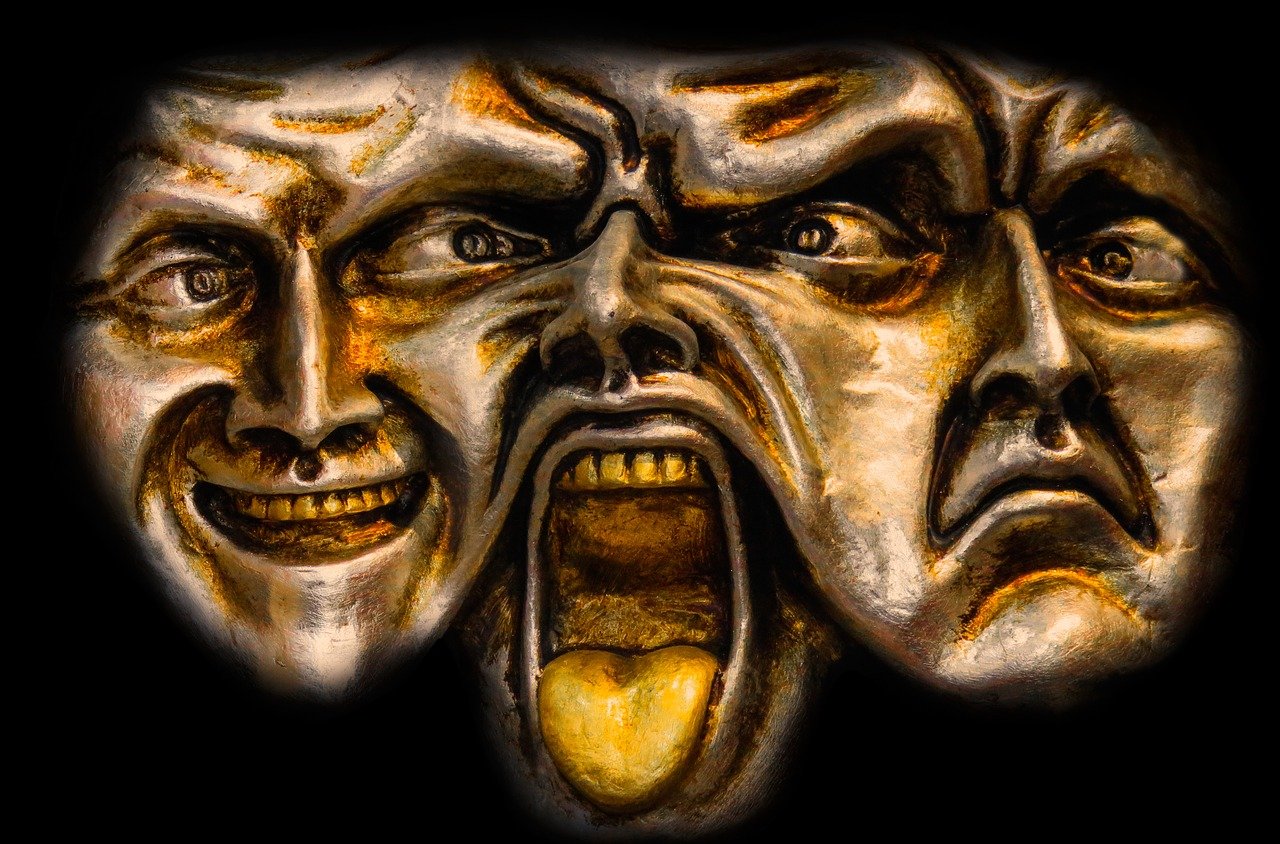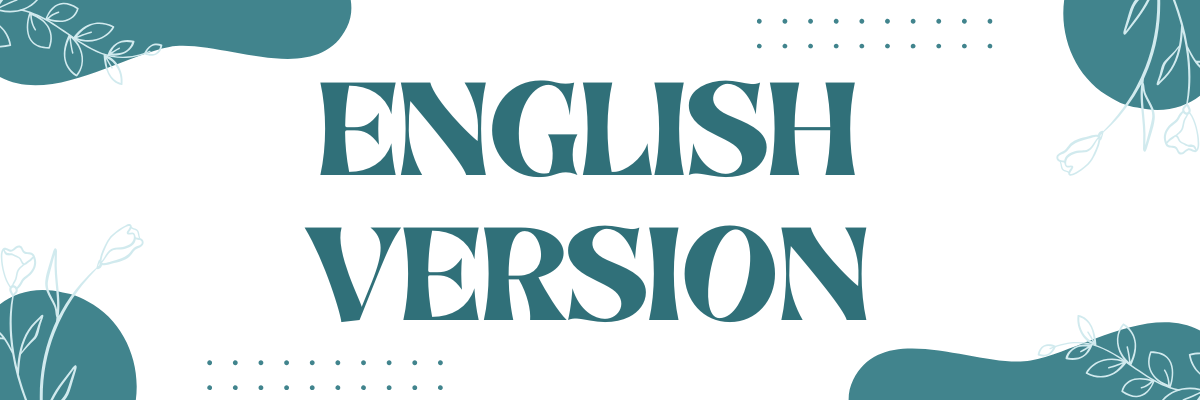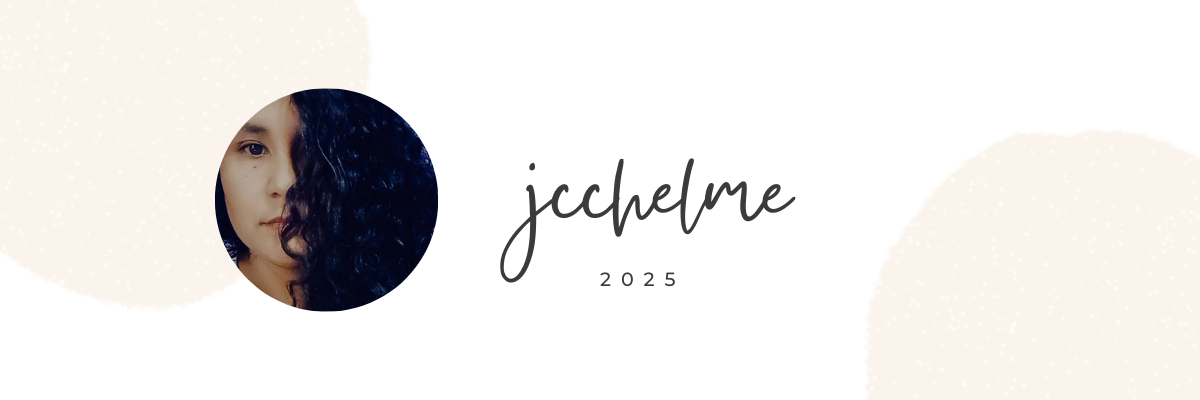
Hablar de mis estados del Yo ha sido una experiencia más difícil de lo que imaginaba, porque implica mirarme sin filtros y reconocer partes de mí que por mucho tiempo preferí callar. Supongo que por eso la iniciativa se llama *Los recovecos del mundo interior*, porque es justo ahí, en esos rincones, donde se esconden las emociones que nos cuesta aceptar.
Mi **niña interior** siempre tuvo heridas muy claras. Lo que más le dolía era sentir que sus padres no le daban el mismo cariño que a sus hermanos. Yo era la primera hija, pero a veces sentía que era la última en todo. En mi casa, el afecto era algo desigual, y crecí con la sensación de valer un poco menos dentro de la familia. Eso me acompañó durante años, incluso en la adultez.
Hoy entiendo que esa niña sigue viva en mí, y que se asoma cada vez que busco aprobación o cuando me duele una palabra que debería dejar pasar. Me hace feliz, sin embargo, cuando logro llevarme bien con mis padres, porque esa armonía momentánea despierta en mí la esperanza de aquella niña que siempre quiso sentirse querida.
Pero las marcas están ahí. Mi madre jamás fue de abrazar, y crecí sin aprender a hacerlo. Ahora me cuesta mucho dar un abrazo, incluso cuando lo siento necesario. No es frialdad, es costumbre, una herencia de la distancia emocional que hubo en casa. A veces pienso: “¿Por qué tengo que ayudar a mi mamá si siempre fue tan pesada conmigo?”, y aunque intento no dejarme dominar por esa voz dolida, reconozco que todavía hay un rencor pequeño que a veces busca salir.
Mi **Yo Padre**, o más bien esa voz crítica interna, ha sido por años una figura implacable. Siempre corrigiéndome, siempre juzgándome. No es comprensiva, y su tono muchas veces se parece demasiado al de mi padre real. La frase que más repite es: *“¿Viste, Juany? Siempre haces todo mal.”* Esa frase me ha perseguido durante mucho tiempo, haciéndome dudar de mis capacidades y llenándome de culpa por errores mínimos. Últimamente, he estado intentando poner a ese Yo Padre en su lugar, dejarlo en silencio cuando se pone demasiado exigente. Digo en broma que lo tengo “pisoteado en el suelo”, pero en el fondo es una manera de recuperar poder sobre mi mente.
Mi **Yo Adulto** aparece cuando logro detenerme a pensar con calma. Es esa parte de mí que busca equilibrio, que razona, que intenta tomar decisiones que me sumen y no me resten. Pero reconozco que durante gran parte de mi vida, el Adulto no tuvo tanto control: casi siempre ganaban la Niña herida y el Padre crítico.
Observar estos tres estados me ha hecho ver algo que nunca había querido admitir: he sido injusta conmigo misma. Me he tratado peor de lo que otros alguna vez me trataron. Por suerte, alguien cercano —mi hermano— me ayudó a darme cuenta de eso. Me mostró que no tenía que seguir repitiendo los patrones del pasado, que podía ser más amable conmigo.
Este proceso no termina. Cada día intento mantener a raya mis tres estados del Yo, escucharlos sin dejar que me dominen. Tal vez de eso se trata el autoconocimiento: de aprender a convivir con todas nuestras voces internas, sin dejar que ninguna destruya a las demás.
---  ---
 [](https://pixabay.com/es/illustrations/tres-grupo-anders-2174145/) Talking about my ego states has been a more difficult experience than I imagined, because it means looking at myself without filters and recognizing parts of me that I kept silent for a long time. I suppose that’s why the initiative is called *The Recesses of the Inner World*, because it’s precisely there, in those corners, where the emotions we struggle to accept tend to hide. My **inner child** has always carried very clear wounds. What hurt her the most was feeling that her parents didn’t give her the same affection they gave her siblings. I was the first child, yet I often felt like the last in everything. At home, affection was uneven, and I grew up with the feeling that I was worth a little less within the family. That feeling followed me for years, even into adulthood. Now I understand that this little girl is still alive inside me, and she shows up every time I seek approval or when a word hurts me more than it should. Still, I feel happy when I manage to get along with my parents, because that fleeting harmony awakens in me the hope of that girl who always wanted to feel loved. But the marks remain. My mother was never the affectionate type, and I grew up without learning how to hug. Now it’s very hard for me to give one, even when I feel it’s needed. It’s not coldness—it’s habit, an inheritance from the emotional distance that existed at home. Sometimes I think, “Why should I help my mom if she was always so harsh with me?” And although I try not to let that hurt voice take over, I recognize that there’s still a small resentment that sometimes tries to surface. My **Parent Ego**, or rather that inner critical voice, has been an unrelenting figure for years—always correcting me, always judging me. It’s not compassionate, and its tone often sounds too much like my real father’s. The phrase it repeats the most is, *“See, Juany? You always do everything wrong.”* That sentence has haunted me for a long time, making me doubt my abilities and filling me with guilt over the smallest mistakes. Lately, I’ve been trying to put that Parent Ego in its place, to silence it when it becomes too demanding. I joke that I’ve got it “crushed on the ground,” but deep down, it’s my way of regaining power over my own mind. My **Adult Ego** appears when I manage to stop and think calmly. It’s the part of me that seeks balance, that reasons, that tries to make decisions that add to my life instead of taking away from it. But I recognize that for most of my life, the Adult didn’t have much control—most of the time, the wounded Child and the critical Parent won. Observing these three states has made me realize something I never wanted to admit: I’ve been unfair to myself. I’ve treated myself worse than anyone else ever did. Fortunately, someone close to me—my brother—helped me see that. He showed me that I didn’t have to keep repeating the patterns of the past, that I could be kinder to myself. This process doesn’t end. Every day I try to keep my three ego states in check, to listen to them without letting them take over. Maybe that’s what self-knowledge is all about: learning to live with all our inner voices without letting any of them destroy the others.
---  ---
 [](https://pixabay.com/es/illustrations/tres-grupo-anders-2174145/) Talking about my ego states has been a more difficult experience than I imagined, because it means looking at myself without filters and recognizing parts of me that I kept silent for a long time. I suppose that’s why the initiative is called *The Recesses of the Inner World*, because it’s precisely there, in those corners, where the emotions we struggle to accept tend to hide. My **inner child** has always carried very clear wounds. What hurt her the most was feeling that her parents didn’t give her the same affection they gave her siblings. I was the first child, yet I often felt like the last in everything. At home, affection was uneven, and I grew up with the feeling that I was worth a little less within the family. That feeling followed me for years, even into adulthood. Now I understand that this little girl is still alive inside me, and she shows up every time I seek approval or when a word hurts me more than it should. Still, I feel happy when I manage to get along with my parents, because that fleeting harmony awakens in me the hope of that girl who always wanted to feel loved. But the marks remain. My mother was never the affectionate type, and I grew up without learning how to hug. Now it’s very hard for me to give one, even when I feel it’s needed. It’s not coldness—it’s habit, an inheritance from the emotional distance that existed at home. Sometimes I think, “Why should I help my mom if she was always so harsh with me?” And although I try not to let that hurt voice take over, I recognize that there’s still a small resentment that sometimes tries to surface. My **Parent Ego**, or rather that inner critical voice, has been an unrelenting figure for years—always correcting me, always judging me. It’s not compassionate, and its tone often sounds too much like my real father’s. The phrase it repeats the most is, *“See, Juany? You always do everything wrong.”* That sentence has haunted me for a long time, making me doubt my abilities and filling me with guilt over the smallest mistakes. Lately, I’ve been trying to put that Parent Ego in its place, to silence it when it becomes too demanding. I joke that I’ve got it “crushed on the ground,” but deep down, it’s my way of regaining power over my own mind. My **Adult Ego** appears when I manage to stop and think calmly. It’s the part of me that seeks balance, that reasons, that tries to make decisions that add to my life instead of taking away from it. But I recognize that for most of my life, the Adult didn’t have much control—most of the time, the wounded Child and the critical Parent won. Observing these three states has made me realize something I never wanted to admit: I’ve been unfair to myself. I’ve treated myself worse than anyone else ever did. Fortunately, someone close to me—my brother—helped me see that. He showed me that I didn’t have to keep repeating the patterns of the past, that I could be kinder to myself. This process doesn’t end. Every day I try to keep my three ego states in check, to listen to them without letting them take over. Maybe that’s what self-knowledge is all about: learning to live with all our inner voices without letting any of them destroy the others.
